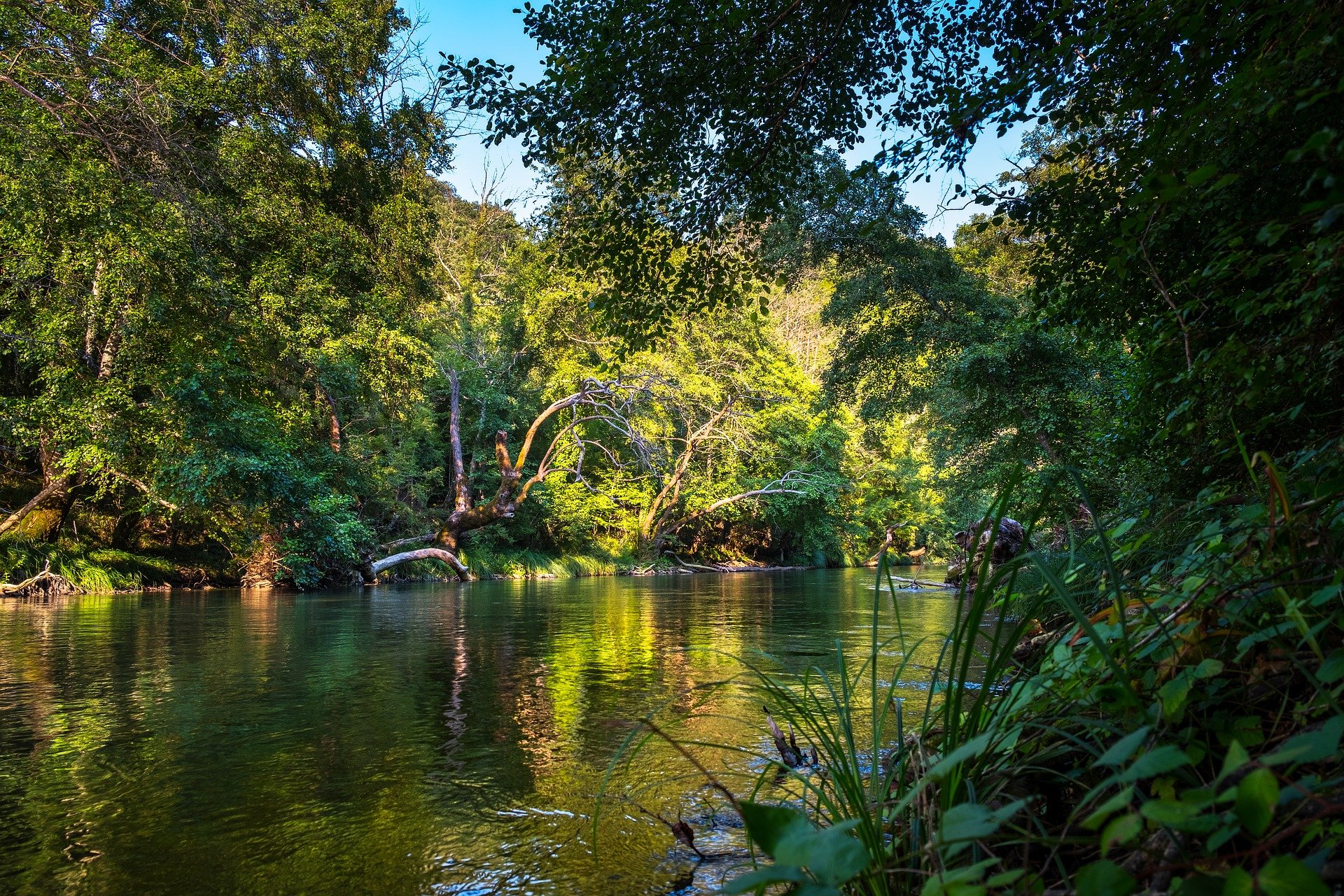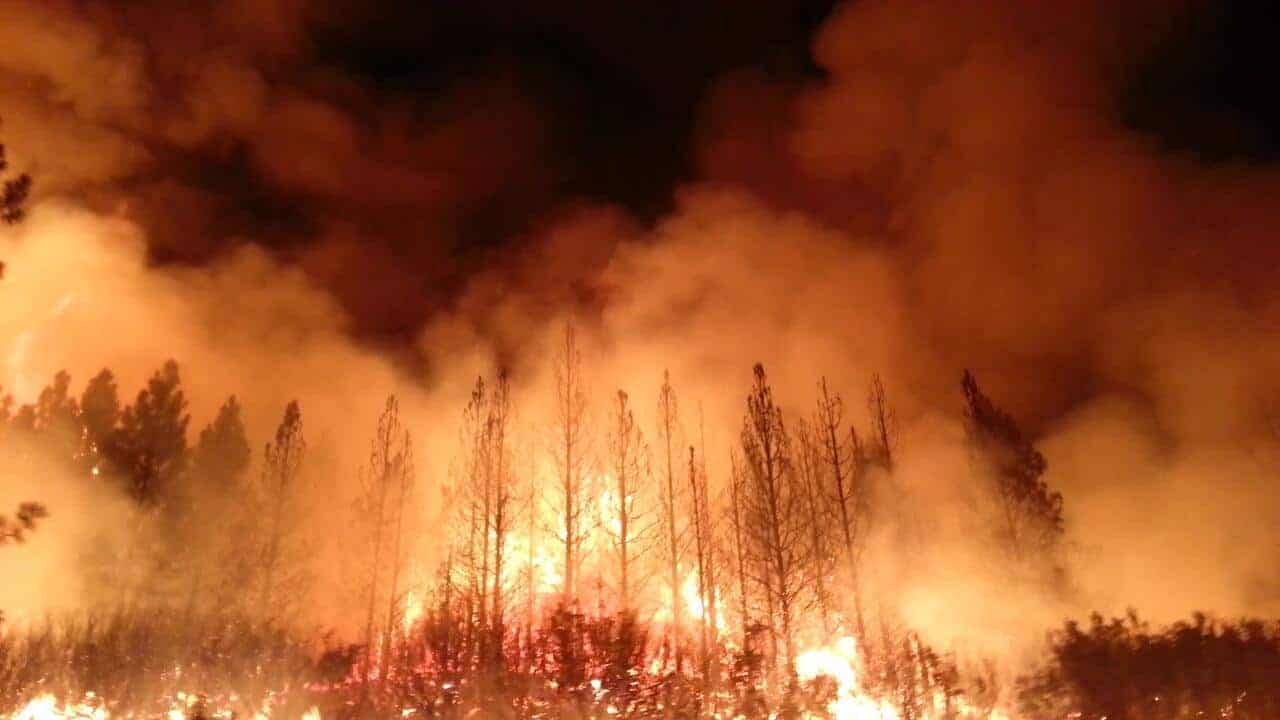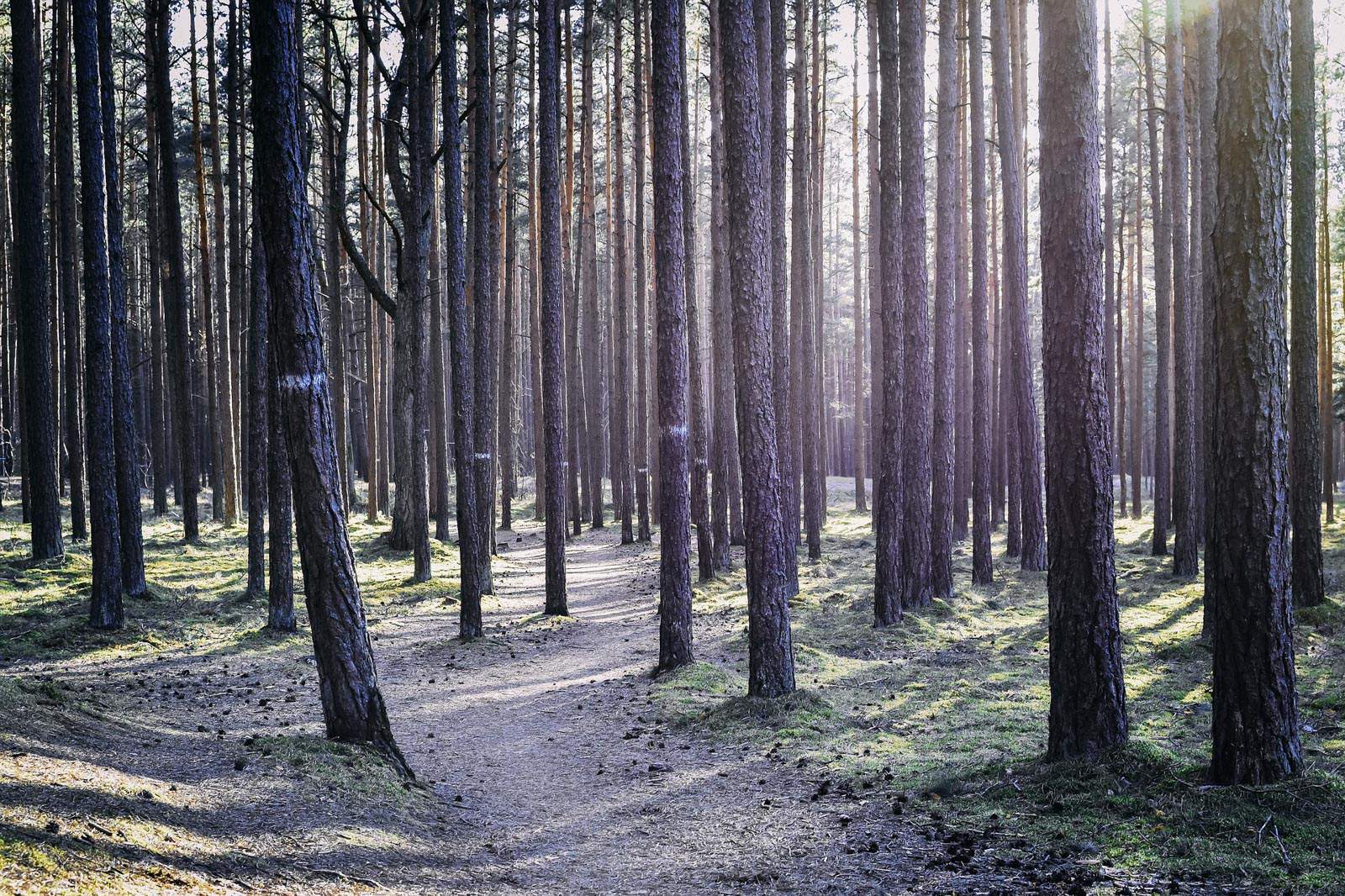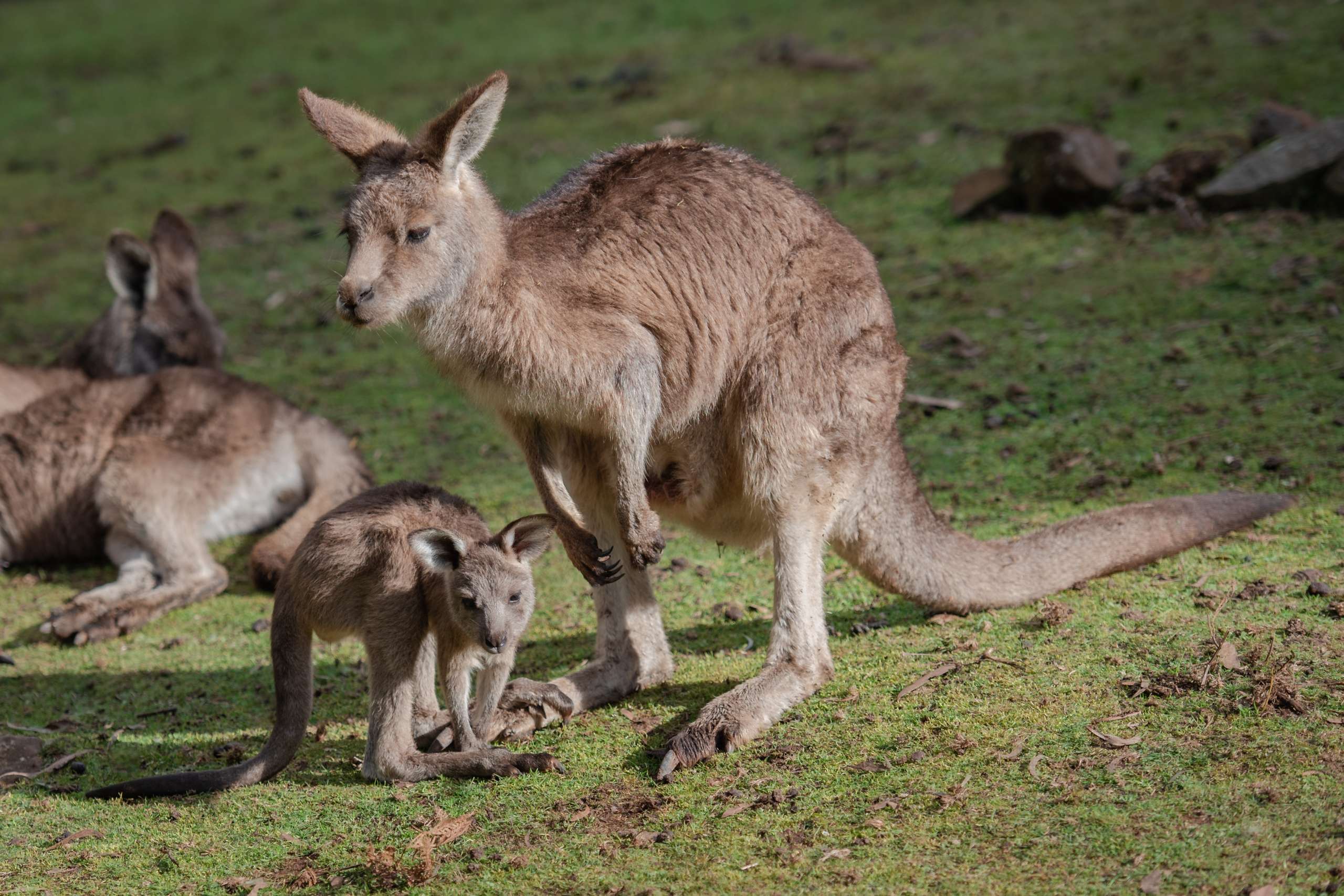Hope for the Amazon at last?
For decades, deforestation has posed a major threat to the survival of the Amazon, the world’s largest tropical rainforest. Now, with more environmentally friendly policies for the area, its protection is set to increase. But will it be enough to secure the forest’s future?
Ending deforestation in the Amazon rainforest
The Amazon is a natural wonder. It produces a fifth of the world’s flowing freshwater and hosting a third of global biodiversity. To give you an idea of just how biodiverse its forests are, a single hectare of the Amazon’s Yasuní National Park contains 655 endemic tree species. That is more than all of the continental USA’s and Canada’s native trees combined. The forest’s diversity also extends to its human population, with over 400 distinct indigenous peoples calling the Amazon home.
One of its most important features is that it is the world’s largest carbon sink, storing a quarter of carbon absorbed by land. It also produces a fifth of our planet’s oxygen. However, high degradation of the rainforest is putting this vital role at risk. Many scientists have warned that the Amazon is even becoming a carbon source, emitting more CO2 than it absorbs. The vast majority of deforestation in the Amazon is due to cattle farming (and soybean plantations supporting it). Logging, mining, oil drilling and infrastructure construction (roads, housing etc.) are also a significant threat.
During Jair Bolsonaro’s presidency, environmental protection measures were slashed in favour of exploitative economic projects. One of Bolsonaro’s first acts as president was giving the Ministry of Agriculture responsibility for certifying indigenous lands as protected areas, further strengthening the agricultural lobby. Several important Brazilian environmental institutes had their funds cut significantly, meaning they lacked the resources to tackle environmental crimes. Violence against environmental activists and indigenous people also reached new heights during his term. There has been a significant increase of illegal gold mining activities, for example, in Yanomami territories, which has contaminated water and led to a terrible humanitarian crisis among the indigenous community.
Protection replacing exploitation?
The recent election of President Lula has given environmentalists some hope. During his first term in the 2000s, deforestation fell significantly due to the creation of more reserves. In contrast, during Bolsonaro’s time in office, it increased by 75% every year compared to the previous decade. In Lula’s meeting with President Biden this month, climate action and deforestation in the Amazon were on the agenda. The Amazon Fund, which raises international donations to prevent deforestation and promote sustainability in the rainforest, has also been reactivated, with more countries committing to contribution. The government has also started expelling illegal miners from indigenous territories. This does indicate a step in the right direction for Brazil’s environmental policies.
However, there is much work for Brazil to do, and not much time to do it. According to a recent report, preserving 80% of the Amazon by 2025 is crucial in stopping ecological collapse. In January 2023, the first month of Lula’s presidency, satellite data did report a 61% drop in deforestation in the Brazilian Amazon compared to last year. However, experts warned that some forest loss may have been obscured by heavy cloud cover, and this month has been the worst February for Amazon deforestation. In addition, a switch to a carbon-neutral economy is proving to be a challenge, despite Brazil’s potential for green energy. While Lula has committed to the target of zero deforestation by 2030, this may not be soon enough.
A 2030 deadline could be catastrophic for the largest continuous forest on the planet and for the more than 500 nationalities and Indigenous peoples that inhabit it, as well as all for humanity.








